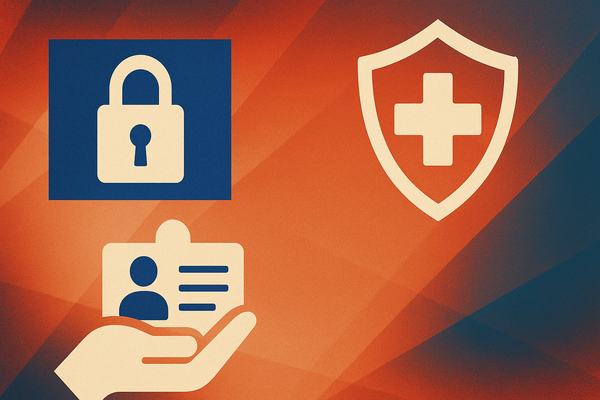FBI Warns of Health Insurance Scams Targeting Health Data

The FBI has issued an alert about a sophisticated health insurance scam with the sole purpose of stealing people’s medical and financial data.
Cybercriminals have been using realistic-looking emails and text messages to impersonate real health insurers and fraud investigators, according to the alert.
These scams have been evolving for years. Fraudsters have started using convincing details, including official logos and terminology, in their effort to trick victims into offering Protected Health Information (PHI), medical records, financial details, and payments for fabricated overcharges.
“These criminals are sending emails and text messages to patients and health care providers, disguising them as legitimate communications from trusted health care authorities,” reads the FBI press release.
“The messages are designed to pressure victims into disclosing protected health information, medical records, personal financial details, or providing reimbursements for alleged service overpayments or non-covered services.”
Key scammer tactics:
- Urgency and fear: Messages warn about immediate insurance coverage issues, urging quick action to prevent loss.
- Financial incentives: Fraudulent offers of refunds or reimbursements tempt victims to share sensitive banking information.
- Authority impersonation: Cybercriminals pose as official representatives from insurers or investigative units to enhance credibility.
FBI recommendations
- Stay skeptical: Approach unsolicited communications with caution, especially those demanding urgent actions.
- Verify independently: Confirm the legitimacy of requests directly with the insurance provider using known contact information. Don’t rely only on provided information.
- Avoid suspicious links: Never click on links in unsolicited emails or messages.
- Better digital security: Use strong passwords, enable multi-factor authentication (MFA), and regularly update security solutions and operating systems.
- Use dedicated security solutions: Applications such as Bitdefender Ultimate Security can provide all the security you need, especially when it comes to online scams.
tags
Author
Silviu is a seasoned writer who followed the technology world for almost two decades, covering topics ranging from software to hardware and everything in between.
View all postsRight now Top posts
How Do You Manage Your Passwords? We Ask Netizens
December 18, 2025
Cybercriminals Use Fake Leonardo DiCaprio Film Torrent to Spread Agent Tesla Malware
December 11, 2025
FOLLOW US ON SOCIAL MEDIA
You might also like
Bookmarks








